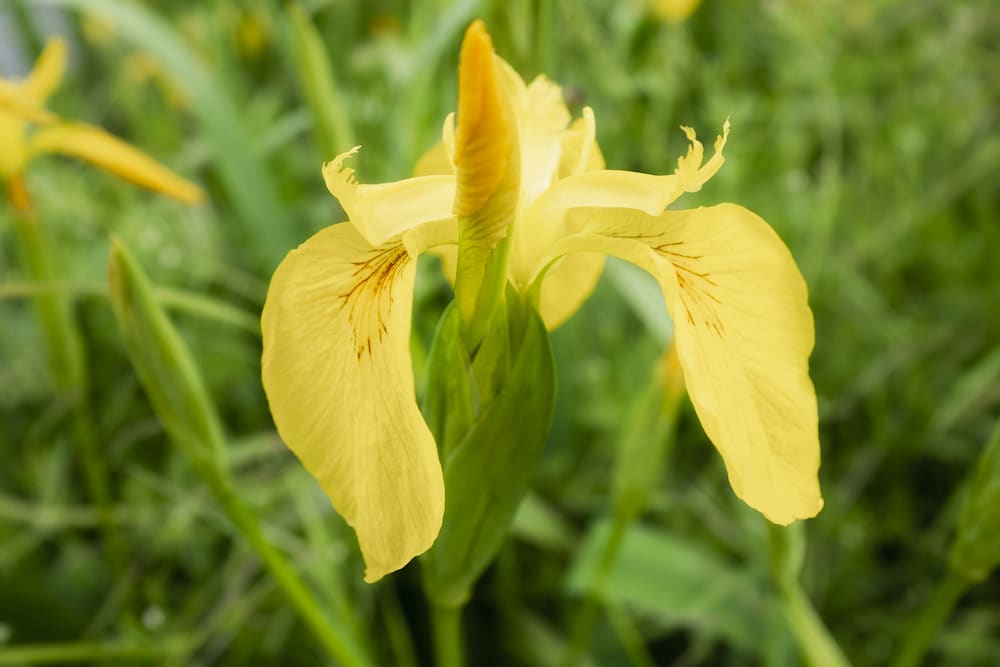Canberra’s environment is under threat from climate change and invasive species, but a newly established government team will protect the environment.
The Rapid Response Biosecurity Team was established after the 2021-22 ACT Budget provided $3 million over four years to deal with biosecurity threats accelerated by recent bushfires, extended dry periods, and current La Niña conditions.
The team will target incursions of invasive species in the ACT and combat the impacts of climate change, said Rebecca Vassarotti, ACT Minister for the Environment.
It will respond to a range of biosecurity threats, from invasive species to weeds like the yellow flag iris.
In the last 60 years, invasive species have cost the Australian economy $389.59 billion.
“These costs are expected to increase under the impacts of climate change unless we take action,” Ms Vassarotti warned.
“The changing climate gives invasive species … a competitive advantage to out-compete native species.
“They will have a detrimental impact on our native plants, animals, food and fibre production, and economy. Acting quickly is paramount in preventing invasive species establishing within the natural landscape.”
The Rapid Response Biosecurity Team will try to stop the yellow flag iris spreading downstream of Scrivener Dam and Googong Dam.
The flower might look pretty, but it is a poisonous weed. It competes with riverside native plants, and spreads from urban ponds into creeks and Lake Burley Griffin.
“Lack of specific natural diseases and pests in Australia mean that the yellow flag iris has extra resources for growth, seeding, and spread; therefore, it has become invasive,” Ms Vassarotti said.
The Rapid Response Biosecurity Team will work with government, community, and volunteer groups to protect the local environment and use citizen science to tackle biosecurity issues.
“Canberrans love to take an active role in helping protect our unique native biodiversity and take action on climate change,” said Kirsten Tasker, the team’s program manager.
“You can help us identify and treat biosecurity threats by joining local volunteer groups, or reporting sightings of our most-wanted weeds through Canberra Nature Map or by phoning Access Canberra on 13 22 81.”
“Biosecurity is everyone’s responsibility,” Ms Vassarotti said. “We all have a role to play.”
Find out more information about the ACT Government’s work on combating invasive species at the ACT Environment website.



